Books on Chinese History and Culture
Explore the best books on Chinese history and culture, featuring must-read titles on ancient dynasties, traditions, and modern insights. Dive into China's rich heritage today!
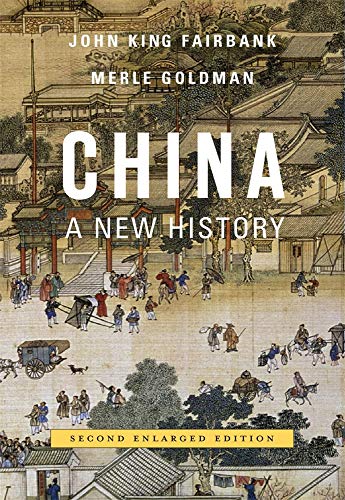
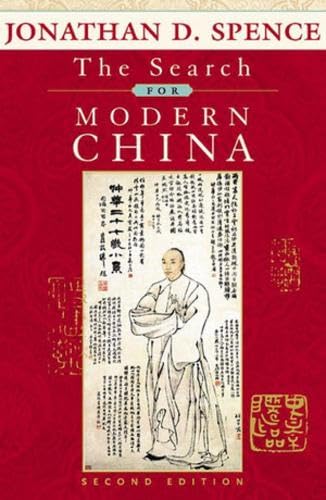

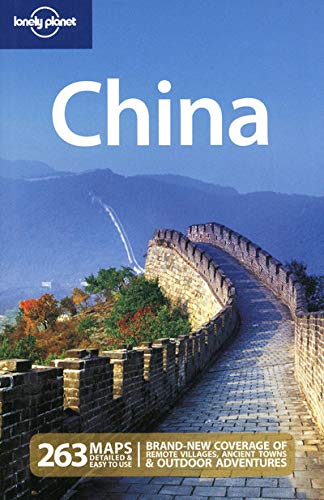

Book
Mandate of Heaven
by Orville Schell
America's foremost chronicler of contemporary China brilliantly illuminates the new power structure, economic initiatives, and cultural changes that have transformed China since the Tianamen Square massacre of 1989. "A rich portrait, capturing a fascinating and perhaps fateful moment in China's long, turbulent history".--Arnold R. Isaacs, San Francisco Chronicle.
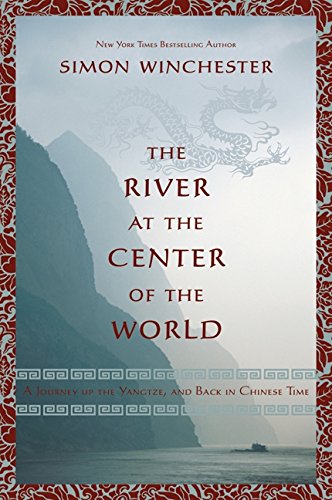

Book
China Road
by Rob Gifford
Route 312 is the Chinese Route 66. It flows three thousand miles from east to west, passing through the factory towns of the coastal areas, through the rural heart of China, then up into the Gobi Desert, where it merges with the Old Silk Road. The highway witnesses every part of the social and economic revolution that is turning China upside down. In this utterly surprising and deeply personal book, acclaimed National Public Radio reporter Rob Gifford, a fluent Mandarin speaker, takes the dramatic journey along Route 312 from its start in the boomtown of Shanghai to its end on the border with Kazakhstan. Gifford reveals the rich mosaic of modern Chinese life in all its contradictions, as he poses the crucial questions that all of us are asking about China: Will it really be the next global superpower? Is it as solid and as powerful as it looks from the outside? And who are the ordinary Chinese people, to whom the twenty-first century is supposed to belong? Gifford is not alone on his journey. The largest migration in human history is taking place along highways such as Route 312, as tens of millions of people leave their homes in search of work. He sees signs of the booming urban economy everywhere, but he also uncovers many of the country’s frailties, and some of the deep-seated problems that could derail China’s rise. The whole compelling adventure is told through the cast of colorful characters Gifford meets: garrulous talk-show hosts and ambitious yuppies, impoverished peasants and tragic prostitutes, cell-phone salesmen, AIDS patients, and Tibetan monks. He rides with members of a Shanghai jeep club, hitchhikes across the Gobi desert, and sings karaoke with migrant workers at truck stops along the way. As he recounts his travels along Route 312, Rob Gifford gives a face to what has historically, for Westerners, been a faceless country and breathes life into a nation that is so often reduced to economic statistics. Finally, he sounds a warning that all is not well in the Chinese heartlands, that serious problems lie ahead, and that the future of the West has become inextricably linked with the fate of 1.3 billion Chinese people. “Informative, delightful, and powerfully moving . . . Rob Gifford’s acute powers of observation, his sense of humor and adventure, and his determination to explore the wrenching dilemmas of China’s explosive development open readers’ eyes and reward their minds.” –Robert A. Kapp, president, U.S.-China Business Council, 1994-2004

Book
River Town
by Peter Hessler
A New York Times Notable Book Winner of the Kiriyama Book Prize In the heart of China's Sichuan province, amid the terraced hills of the Yangtze River valley, lies the remote town of Fuling. Like many other small cities in this ever-evolving country, Fuling is heading down a new path of change and growth, which came into remarkably sharp focus when Peter Hessler arrived as a Peace Corps volunteer, marking the first time in more than half a century that the city had an American resident. Hessler taught English and American literature at the local college, but it was his students who taught him about the complex processes of understanding that take place when one is immersed in a radically different society. Poignant, thoughtful, funny, and enormously compelling, River Town is an unforgettable portrait of a city that is seeking to understand both what it was and what it someday will be.
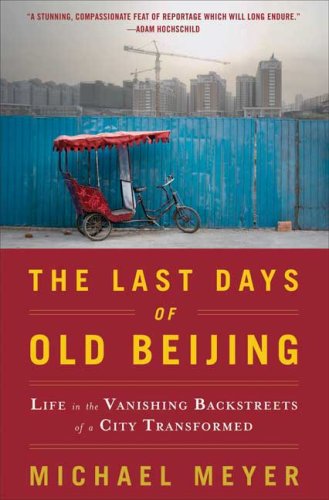

Book
Iron and Silk
by Mark Salzman
Salzman captures post-cultural revolution China through his adventures as a young American English teacher in China and his shifu-tudi (master-student) relationship with China's foremost martial arts teacher.
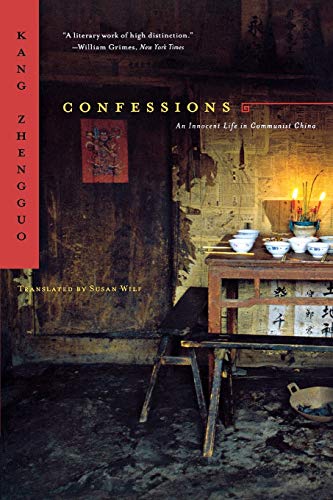

Book
Wild Swans
by Jung Chang
Memoir of three Chinese women, Jung Chang, her mother, and her grandmother in twentieth-century China.


Book
Mao
by Jung Chang
The most authoritative life of the Chinese leader every written, Mao: The Unknown Story is based on a decade of research, and on interviews with many of Mao’s close circle in China who have never talked before — and with virtually everyone outside China who had significant dealings with him. It is full of startling revelations, exploding the myth of the Long March, and showing a completely unknown Mao: he was not driven by idealism or ideology; his intimate and intricate relationship with Stalin went back to the 1920s, ultimately bringing him to power; he welcomed Japanese occupation of much of China; and he schemed, poisoned, and blackmailed to get his way. After Mao conquered China in 1949, his secret goal was to dominate the world. In chasing this dream he caused the deaths of 38 million people in the greatest famine in history. In all, well over 70 million Chinese perished under Mao’s rule — in peacetime.


Book
Chinese Cinderella
by Adeline Yen Mah
Adeline Yen Mah returns to her roots to tell the story of her painful childhood and her ultimate triumph and courage in the face of despair.

Book
Red Scarf Girl (rack)
by Ji-li Jiang
It's 1966, and twelve-year-old Ji-li Jiang has everything a girl could want: brains, tons of friends, and a bright future in Communist China. But it's also the year that China's leader, Mao Ze-dong, launches the Cultural Revolution—and Ji-li's world begins to fall apart. Over the next few years, people who were once her friends and neighbors turn on her and her family, forcing them to live in constant terror of arrest. When Ji-li's father is finally imprisoned, she faces the most difficult dilemma of her life. This is the true story of one girl's determination to hold her family together during one of the most terrifying eras of the twentieth century.
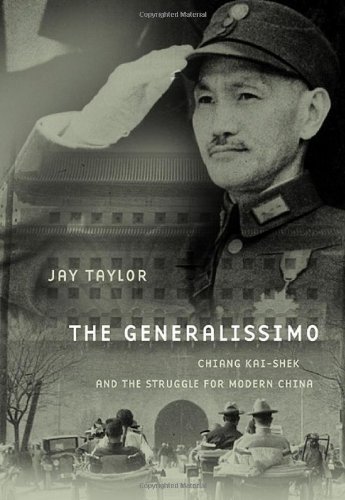

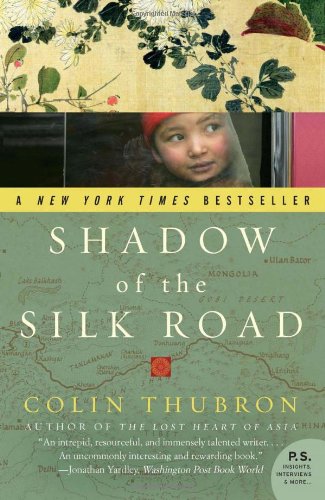


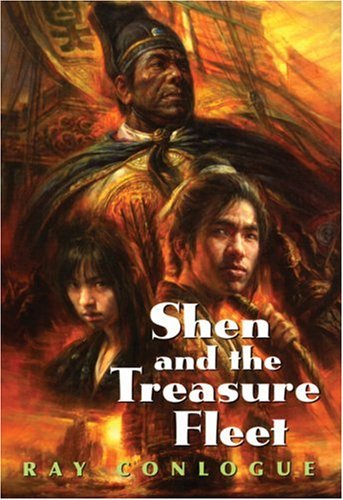
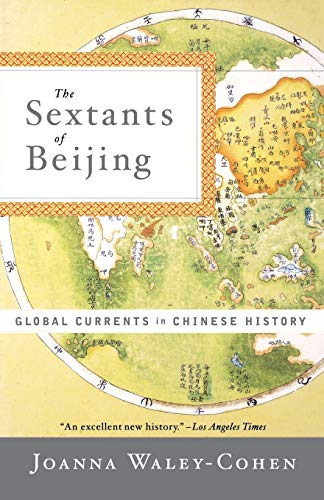
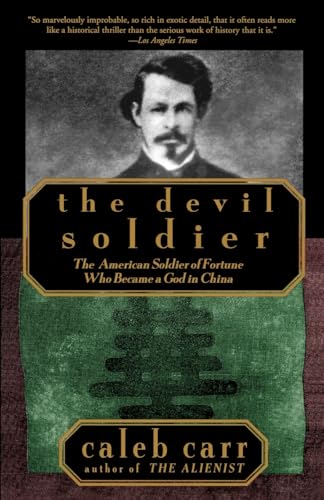

Book
Tai-Pan
by James Clavell
Dirk Straun, a pirate, smuggler, and ruthless individual, finds glory beyond his dreams as the Tai-Pan, or supreme leader, of Hong Kong.

Book
A Great Wall
by Patrick Tyler
The "riveting and endlessly fascinating story" (The Boston Globe) of the complex and often tormented relationship between the U.S. and China--a finalist for the Helen now in paperback

Book
Nixon and Mao
by Margaret MacMillan
Margaret MacMillan, praised as “a superb writer who can bring history to life” (The Philadelphia Inquirer), brings her extraordinary gifts to one of the most important subjects today–the relationship between the United States and China–and one of the most significant moments in modern history. In February 1972, Richard Nixon, the first American president ever to visit China, and Mao Tse-tung, the enigmatic Communist dictator, met for an hour in Beijing. Their meeting changed the course of history and ultimately laid the groundwork for the complex relationship between China and the United States that we see today. That monumental meeting in 1972–during what Nixon called “the week that changed the world”–could have been brought about only by powerful leaders: Nixon himself, a great strategist and a flawed human being, and Mao, willful and ruthless. They were assisted by two brilliant and complex statesmen, Henry Kissinger and Chou En-lai. Surrounding them were fascinating people with unusual roles to play, including the enormously disciplined and unhappy Pat Nixon and a small-time Shanghai actress turned monstrous empress, Jiang Qing. And behind all of them lay the complex history of two countries, two great and equally confident civilizations: China, ancient and contemptuous yet fearful of barbarians beyond the Middle Kingdom, and the United States, forward-looking and confident, seeing itself as the beacon for the world. Nixon thought China could help him get out of Vietnam. Mao needed American technology and expertise to repair the damage of the Cultural Revolution. Both men wanted an ally against an aggressive Soviet Union. Did they get what they wanted? Did Mao betray his own revolutionary ideals? How did the people of China react to this apparent change in attitude toward the imperialist Americans? Did Nixon make a mistake in coming to China as a supplicant? And what has been the impact of the visit on the United States ever since? Weaving together fascinating anecdotes and insights, an understanding of Chinese and American history, and the momentous events of an extraordinary time, this brilliantly written book looks at one of the transformative moments of the twentieth century and casts new light on a key relationship for the world of the twenty-first century.

Book
The Rape of Nanking
by Iris Chang
Attempts to analyze the degree to which the Japanese imperial government and its militaristic culture fostered in the Japanese soldier a total disregard for human life.
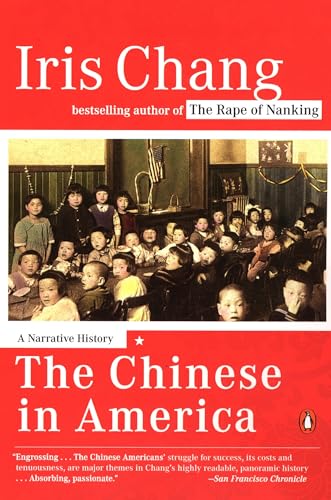
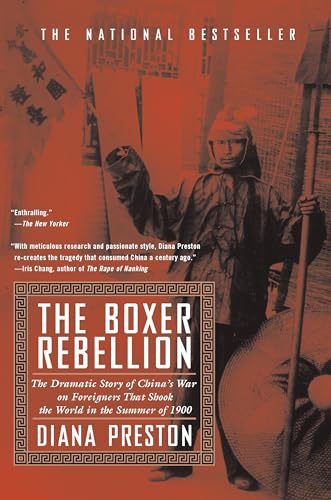

Book
Genghis Khan and the Making of the Modern World
by Jack Weatherford
NEW YORK TIMES BESTSELLER • The startling true history of how one extraordinary man from a remote corner of the world created an empire that led the world into the modern age—by the author featured in Echoes of the Empire: Beyond Genghis Khan. The Mongol army led by Genghis Khan subjugated more lands and people in twenty-five years than the Romans did in four hundred. In nearly every country the Mongols conquered, they brought an unprecedented rise in cultural communication, expanded trade, and a blossoming of civilization. Vastly more progressive than his European or Asian counterparts, Genghis Khan abolished torture, granted universal religious freedom, and smashed feudal systems of aristocratic privilege. From the story of his rise through the tribal culture to the explosion of civilization that the Mongol Empire unleashed, this brilliant work of revisionist history is nothing less than the epic story of how the modern world was made.